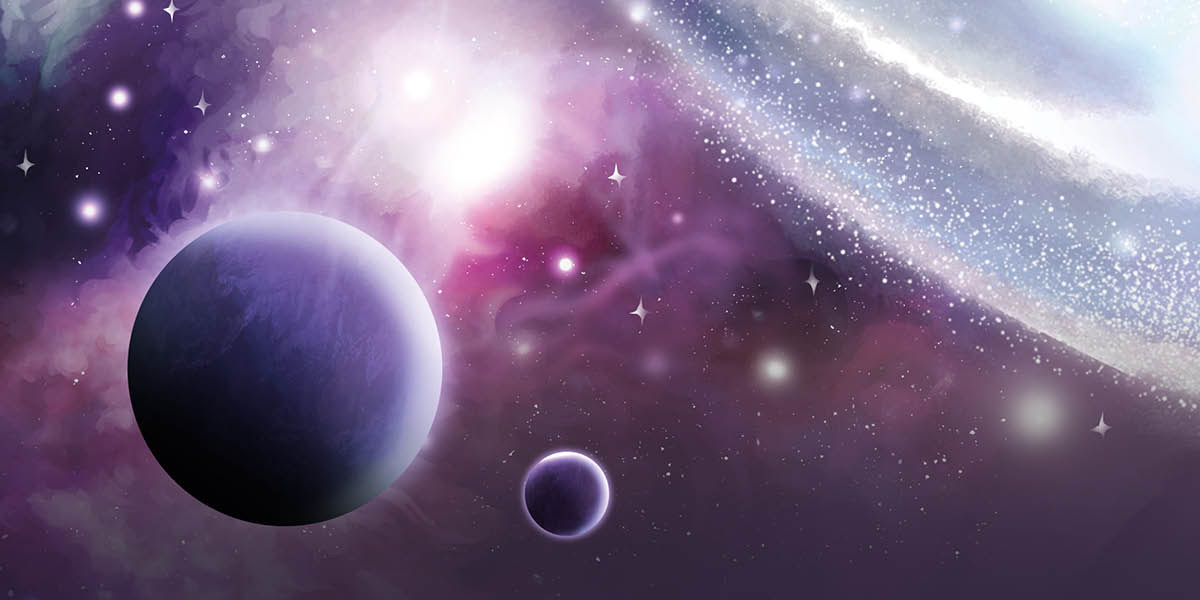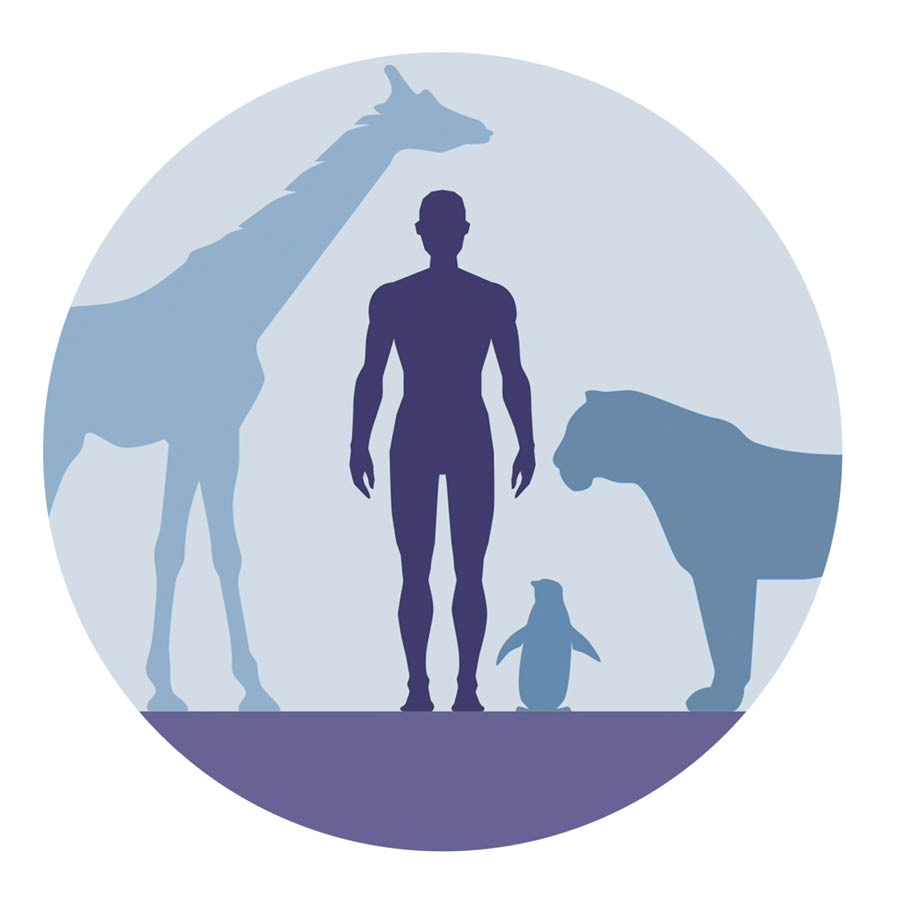The content displayed below is for educational and archival purposes only.
Unless stated otherwise, content is © Watch Tower Bible and Tract Society of Pennsylvania
You may be able to find the original on wol.jw.org

When Did God Begin to Create the Universe?
The Bible’s answer
The Bible does not say when God began to create the universe or how long this took. It simply states: “In the beginning God created the heavens and the earth.” (Genesis 1:1) The Bible does not specify when “the beginning” occurred. However, the sequence of events recorded in Genesis places it before the six periods, or “days,” of creation.
Were the six days of creation literal days of 24 hours?
No. In the Bible, the word “day” can refer to various lengths of time, depending on the context. For example, one portion of the account describes the entire creative period as one day.—Genesis 2:4.
What happened during the six days of creation?
God transformed the “formless and desolate” earth into a habitable planet. (Genesis 1:2) Then he created life on earth. The Bible describes six groups of events that happened during the days, or epochs, of creation:

Day 1: God made light reach earth’s surface, resulting in night-and-day cycles.—Genesis 1:3-5.

Day 2: God formed an expanse, or a division between water on earth’s surface and water high above its surface.—Genesis 1:6-8.

Day 3: God made dry land appear. He also created the vegetation.—Genesis 1:9-13.

Day 4: God made the sun, moon, and stars visible as distinct luminaries from the earth’s surface.—Genesis 1:14-19.

Day 5: God created aquatic life and flying creatures.—Genesis 1:20-23.

Day 6: God created land animals and humans.—Genesis 1:24-31.
After the conclusion of the sixth day, God rested from this work, or stopped creating.—Genesis 2:1, 2.
Is the Genesis account scientifically accurate?
The Bible’s account of the creation of the world does not claim to be a detailed scientific analysis. Rather, it describes creation in such a way that readers even in Bible times could easily grasp the basic sequence of events. The creation account does not contradict proved science. Astrophysicist Robert Jastrow writes: “All the details differ, but the essential element in the astronomical and biblical accounts of Genesis is the same; the chain of events leading to man commenced suddenly and sharply, at a definite moment in time.”
When were the sun, moon, and stars created?
The sun, moon, and stars already existed as part of “the heavens” created in “the beginning.” (Genesis 1:1) However, their light evidently did not reach the earth’s surface because of a dense atmosphere. (Genesis 1:2) So although diffused light became visible on the first day, the light’s source was not yet recognizable. On the fourth day, the atmosphere apparently cleared up. The Bible says that the sun, moon, and stars now began to “shine upon the earth,” evidently describing how they would have been seen from the perspective of an observer on earth.—Genesis 1:17.
How old is the earth according to the Bible?
The Bible does not comment on the age of the earth. Genesis 1:1 simply states that the physical universe, including our earth, had a beginning. This statement conflicts neither with sound scientific principles nor with scientists’ estimates of the age of the earth.